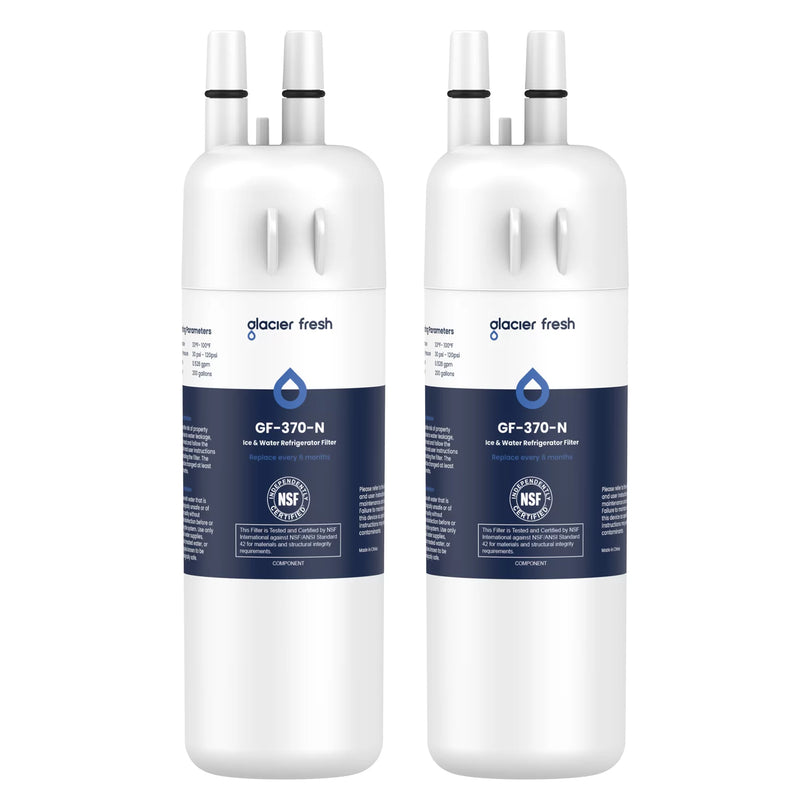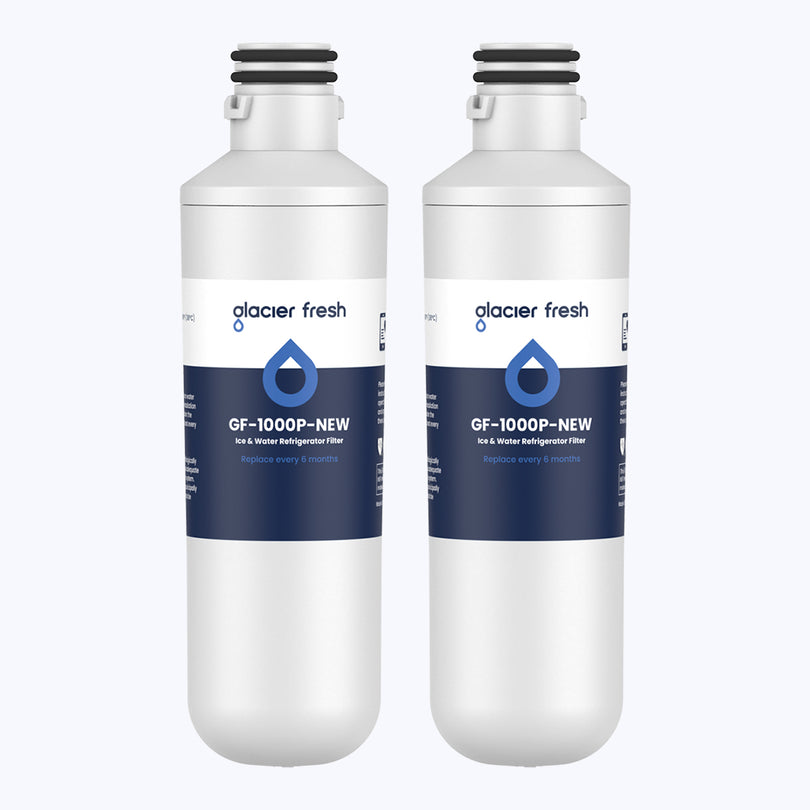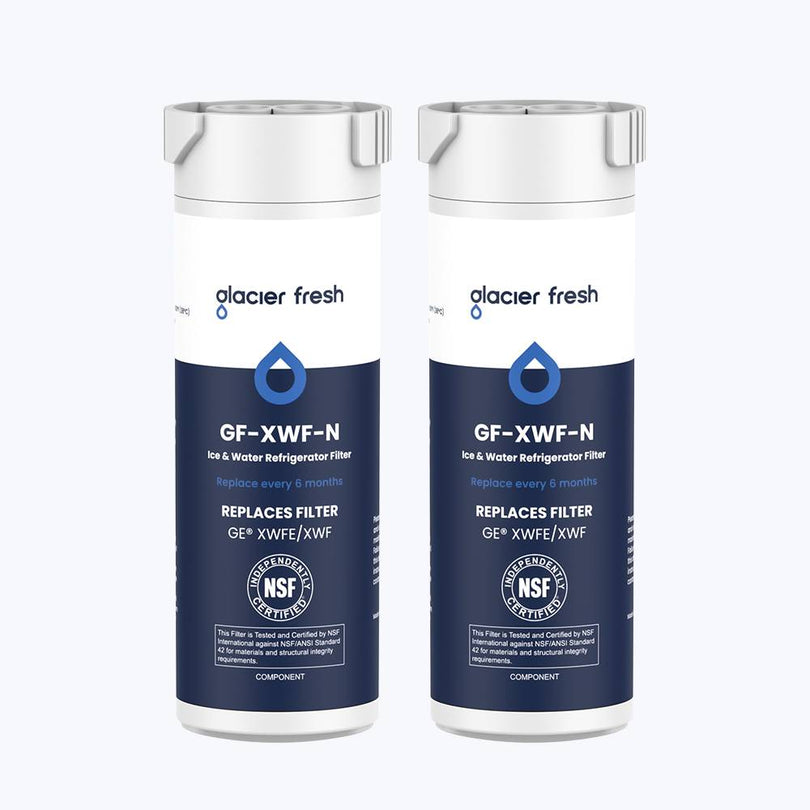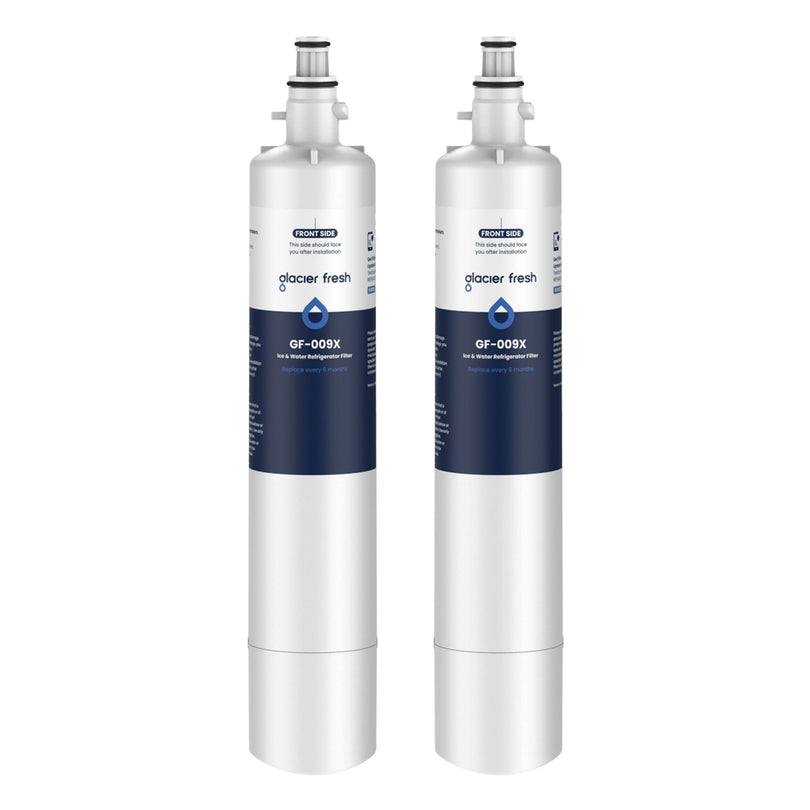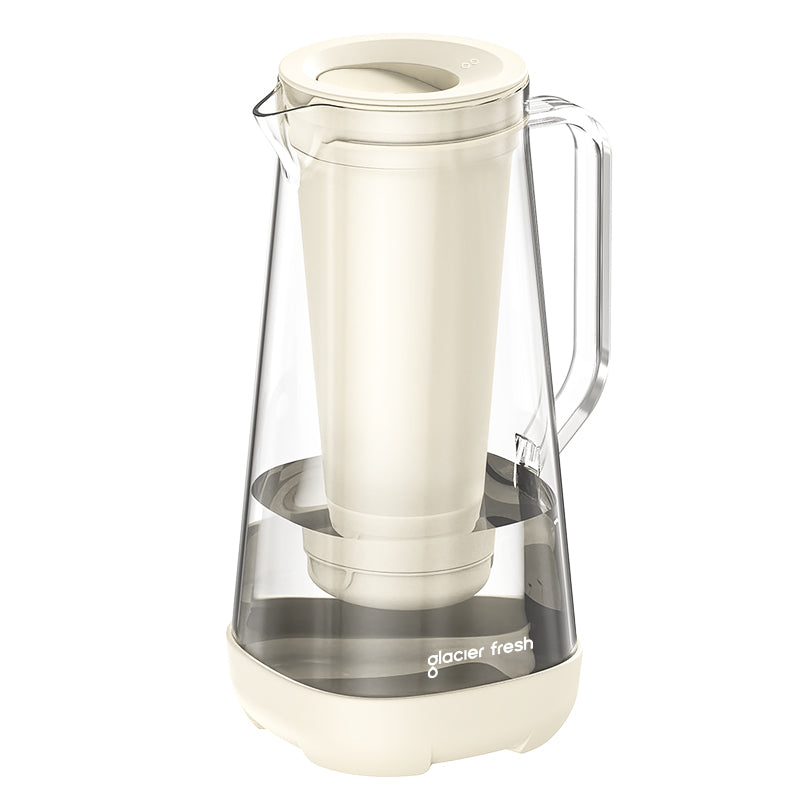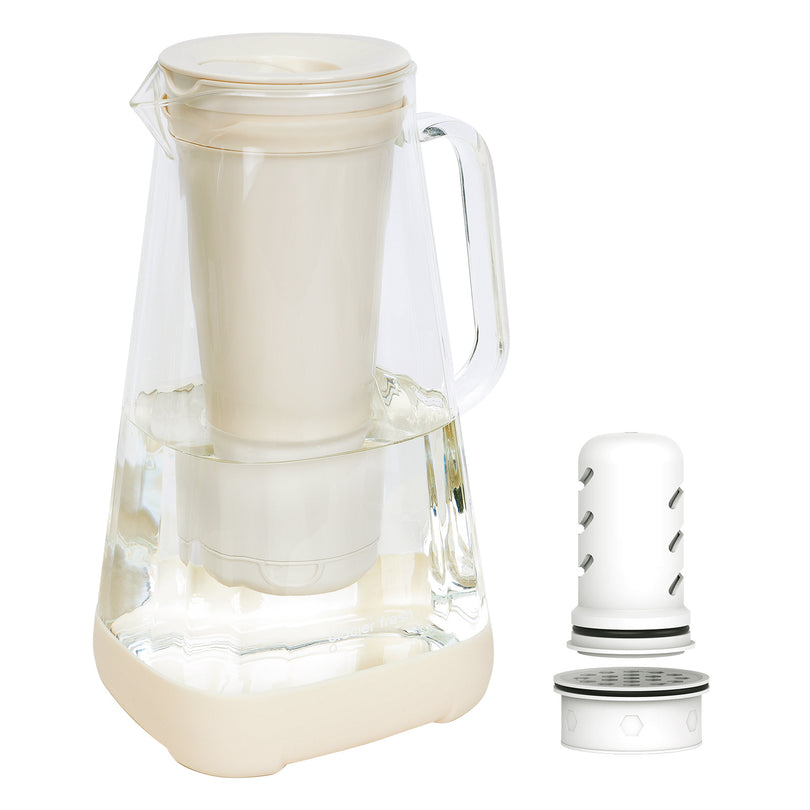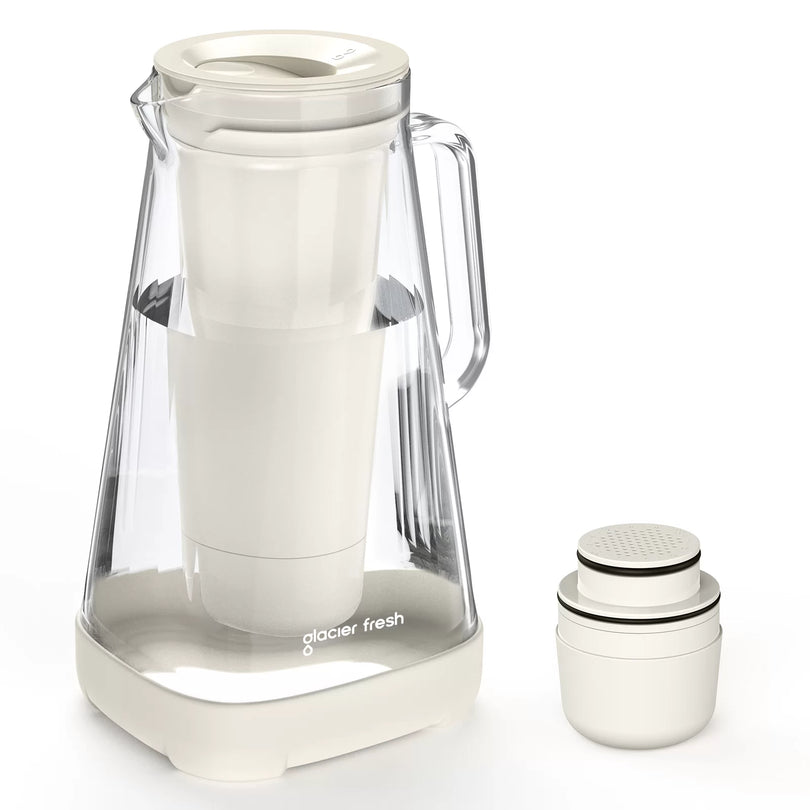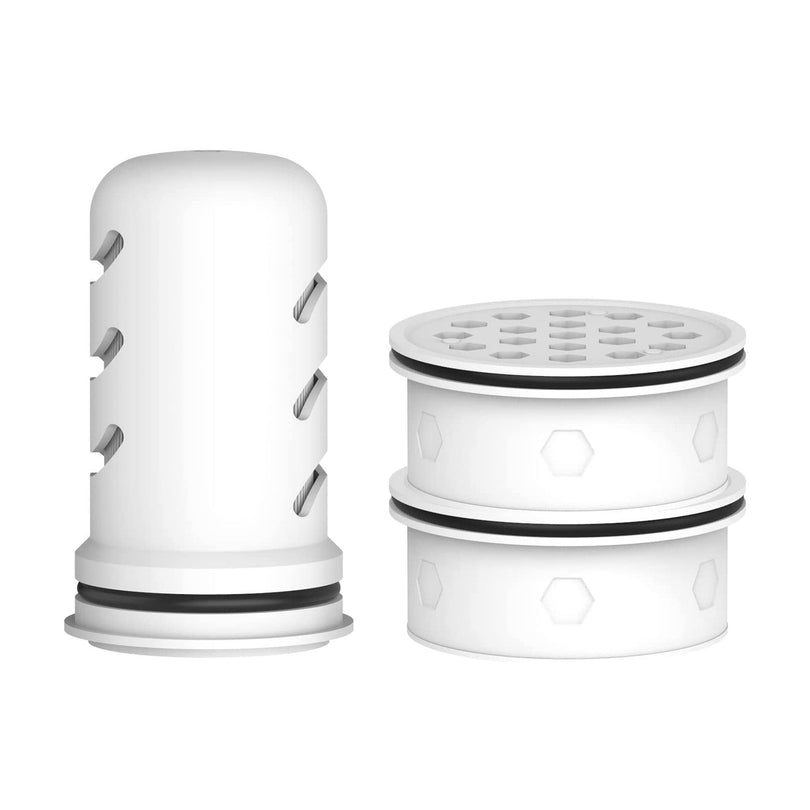Table of Contents:
Why Hydration Matters During Exercise?
How Does Exercise Impact Our Water Needs?
What Are the Signs That You're Not Drinking Enough Water?
Best Ways to Stay Hydrated While Working Out
The Importance of Water Quality for Active People
FAQs
Conclusion
Your body sheds fluids in normal body processes, especially when you exercise regularly. You need to be hydrated so as to play better and feel healthier. How does exercise affect how much water I need?
It’s a burning question. And most people don’t have proper information. We have made this detailed guide to help you out.
Why Hydration Matters During Exercise?

Muscles normally produce heat when we exercise. And to cool down, our body releases sweat. Through this process, we lose both water and electrolytes. This is why we need enough hydration. Or the body will struggle to regulate temperature and energy level. There are a few reasons why hydration matters.
Drinking enough water also supports metabolism and may help with weight control, linking hydration to overall fitness and weight management.
Here’s why:
- Regulates body temperature
The sweat cools your body during exercise.
- Supports muscle function
Drinking water supplies the much-needed nutrients to our bodies and that helps to keep us working by keeping the normal activity of the muscles.
- Improves performance
Due to dehydration, fatigue, slowed reaction time, and muscle cramps can be experienced.
- Aids recovery
Speed up the repair and recovery process of the body.
- Protects joints
Loss of 2% of body weight as a result of fluid loss can cause a decline in performance as water keeps joints lubricated and puts less strain on them.
How Does Exercise Impact Our Water Needs?
While performing exercise, the temperature of our body increases. It reacts by efficiently sweating to cool. It’s a completely natural process. And for that reason, you start losing water and electrolytes.
Intense exercise speeds up the process. The more you press, the more water you lose. The water level is also affected by other factors. As an example, temperature, humidity, body weight, etc.
How Much Water Do You Lose from Exercise?
How does exercise affect how much water I need? The amount of water lost during exercise varies. On average:
-
If you do lighter exercise (30 minutes). Take Light exercise 0.5–1 cup (120–240 ml)
-
Moderate exercise (1 hour). You have to take 1–2 cups (240–480 ml)
-
Take 1-2 liters or more if you perform intense exercise.
You can estimate your sweat loss like this:
Weigh yourself before a workout. Take a note. And then again, weigh yourself after exercise. Losing each pound means you have lost approximately 16 ounces (0.5 liters).
How Much Water Do I Need if I Exercise?
There is no universal rule. Still, there is a simple estimation you can follow:

What Are the Signs That You're Not Drinking Enough Water?

The dehydration process can sneak up quickly. This is specific to strenuous exercise.. Watch for these warning signs:
-
Dry mouth and lips
-
Headache or dizziness
-
Fatigue and lack of focus during reps
-
Dark yellow urine before or after exercise
-
Muscle cramps
-
Rapid heartbeat during setes.
After noticing these symptoms, pause your workout. Then take a pause and drink water.
Best Ways to Stay Hydrated While Working Out
-
Start the daily routine by drinking water. Always drink water if you are not even thirsty.
-
Have 500–600 ml of water 2-3 hours before starting a workout.
-
Carry a bottle when going out. It doesn’t matter for what purpose you are going.
-
Add watermelon or cucumbers to the food list. They are high in water content. You can also have soups and smoothies.
-
Consider having coconut water or sports beverages during intense workouts.
The Importance of Water Quality for Active People

Clean and safe water is a necessity for all of us. Especially for the active people. For example, an athlete or a person who has to work outside. The performance of an individual is directly related to the quality of the food they eat. It is also directly correlated with general health. Through sweat, the electrolytes and water are lost in the body. Drinking contaminated water can have many adverse effects.
Water with balanced minerals helps to regulate body temperature and also keeps your muscles functioning. But can you ensure the quality of water? Many people also ask, “What Is the Healthiest Water to Drink?”—meaning “Which is the healthiest drinking water?” Clean, mineral-balanced water is always the best choice.
People who exercise regularly need substantial fluid. In that case, it is recommended to set up a Reverse Osmosis water filter. If you search online, you will get a bunch of options. These two are the best ones available at the most affordable price.
The GlacierFresh U03 is a powerful Reverse Osmosis system. You will get clean, great-tasting water. No electricity required. You can set it up in under 30 minutes. The system removes 99.99% of harmful impurities. Certified by NSF/ANSI 58 and SGS tested. Suitable for 2-3 person households
Do you often work out and travel? Another RV Reverse Osmosis system that is highly recommended is GlacierFresh. You can carry the purifier in RVs, boats, cabins, and while camping. The product produces 12 fl oz of pure water in one. come minute. Come with advanced filters that can be used for up to 25000 bottles. You can run it with an adapter or a power bank..
FAQs
Can you drink too much water during exercise?
You can, but there is a chance that drinking too much water can cause hyponatremia. The sodium levels in your blood decrease. It can lead to severe health issues. This is why balanced hydration is necessary.
What is the best time to hydrate?
Best times to drink water in a nutshell:
-
Morning: Rehydrate after sleep
-
Before exercise: 2–3 hours before workout
-
During exercise: Sip small amounts
What’s the best type of water to drink while working out?
You have to take mineral-balanced clean water. You can achieve this by installing a RO water filter. Those with Reverse Osmosis technology can help to retain the minerals of the water. You should avoid drinks that contain too much sugar.
Conclusion
How does exercise affect the amount of water I need? Hope you got the answer. Drink water before, during, and after exercise. Ensure clean and quality water for your body every time. You can consider GlacierFresh’s purifiers to help you in the journey of staying hydrated and healthy.

